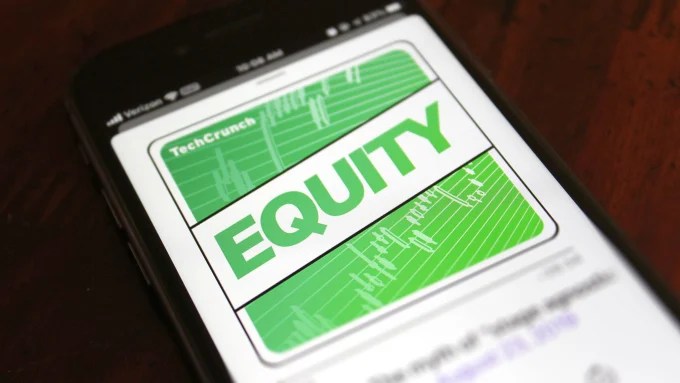Harry Hurst
As the saying goes, “Everyone is selling something.” Sometimes, we forget that when it comes to fundraising. The trick is to sell something investors really want.
You can sell a piece of your company to a VC, but in a down market, it’s going to be worth less than it should be (and less than it might be in six to 12 months). You can even sell the promise of payment with interest to a lender, but you’ll probably have to accept higher rates, restrictive covenants and possibly warrants to outsell the other debt they can buy.
But your revenue is the one asset you can sell that gives the predictable, stable, de-risked returns investors are looking for in a market full of uncertainty.
Recurring revenue financing (RRF) isn’t just a new package for lending, it’s a whole new model for financing a company, and that’s crucial. A loan based on your revenue is still a loan tied to policy-driven interest rate changes. Recurring revenue financing treats your revenue as a tradable asset, which you then sell to investors.
By selling future revenue streams to investors for up-front capital, they get a steady return and you get to grow faster based on your already booked revenue, taking advantage of big opportunities and the time value of that capital as you scale.
Through live data connections, RRF evaluates your recurring revenue streams to determine their risk level. Investors use that risk level to bid anonymously on your future revenue, which allows you to get the most capital and the lowest cost. And unlike a weeks or months-long due diligence process for a loan or equity round, the algorithm can assess your live data in real time.
For businesses with recurring revenue streams, this is a flexible way to finance growth when VC and loans aren’t an ideal or accessible option. It can also be a great tool to use in addition to equity financing. By leveraging your recurring revenue, you can strategically enter your next equity round when the timing is right for optimal results.
How founders are using RRF
Now that we’ve seen what RRF is and isn’t, let’s talk about how founders are using it to grow businesses. RRF has some major benefits over traditional financing that make it an incredibly agile source of financing.
Unlike loans, which can take a month or more, or equity rounds, which can take even longer, trading your recurring revenue streams can be done in just a few days, and repeat trades down the line can be almost instantaneous. The speed makes it easy to take advantage of time-sensitive opportunities and also allows you to take exactly the capital you need when you need it.
Since the funds are coming from institutional investors and not a central source, this approach is also industry agnostic. And because revenue streams can be packaged together by risk level, they can be traded on a marketplace, almost like stocks are traded on an exchange.
Since RRF is based on the predictability of your revenue, it’s a natural fit to fund initiatives that predictably scale that revenue, like growing your sales team, increasing your marketing budget or moving into a new market.
Let’s look at how founders have used this financing model to grow their businesses.
Extending your runway
Traditional fundraising can be a full-time job, and it takes many founders away from operating the business.
Two DTC co-founders used RRF to extend their runway so they could take a break from fundraising and go back in a much better position if and when they decided to pursue another equity round. By trading their revenue streams for capital, they were able to scale up inventory to meet the growing demand for their coffee alternative without sacrificing equity.
Acquisitions
The founder of a popular CBD brand saw a major opportunity to expand his market share by acquiring a startup but found himself on a very tight timeline. He looked into loans and raising an equity round but found that he just didn’t have enough time. Fortunately, because of the speed of recurring revenue financing, he was able to use his revenue streams to fully fund a seven-figure acquisition within 72 hours.
Embedded finance
One of the original uses of RRF was for SaaS businesses that wanted up-front capital while offering monthly terms to customers. Since then, it’s extended far beyond just SaaS to make it possible for any industry to do the same.
The founder of one of the world’s largest crypto mining hardware companies — an industry that traditional finance often won’t touch because of regulations related to cryptocurrency itself — found the solution to his problem in RRF. He’s offering a mine now, pay later plan to his customers, increasing his revenue and making it easier than ever for customers to afford Bitcoin mining hardware.
Using RRF, his company still collects the capital up front, even though customers pay over months or even years.
A better return on what you’ve built
When the financial market is facing challenges, the companies that succeed will have access to capital based on what they’ve built, not on external market conditions.
As co-CEO of Pipe, I talk with founders every day who love building companies and solving complex problems. They come from a wide range of industries but they all have at least one thing in common — they’ve built something that delivers products, services or solutions that make people’s lives better, easier and richer. It’s incredible to watch them use this new financing model to amplify the rewards of their hard work and earn better returns on the revenue machines they’ve built.

























